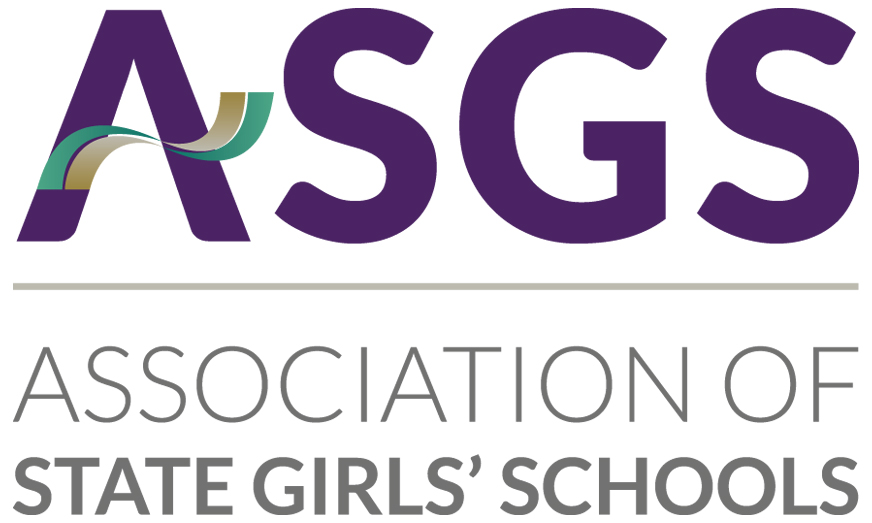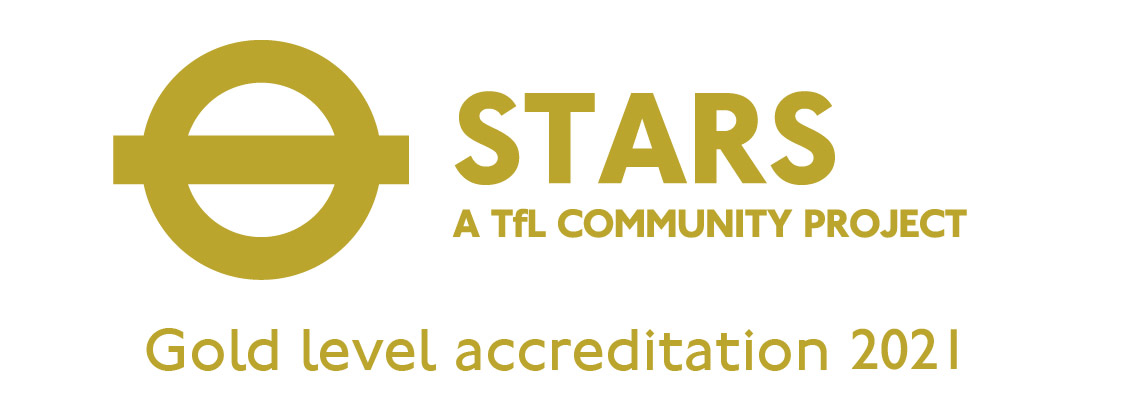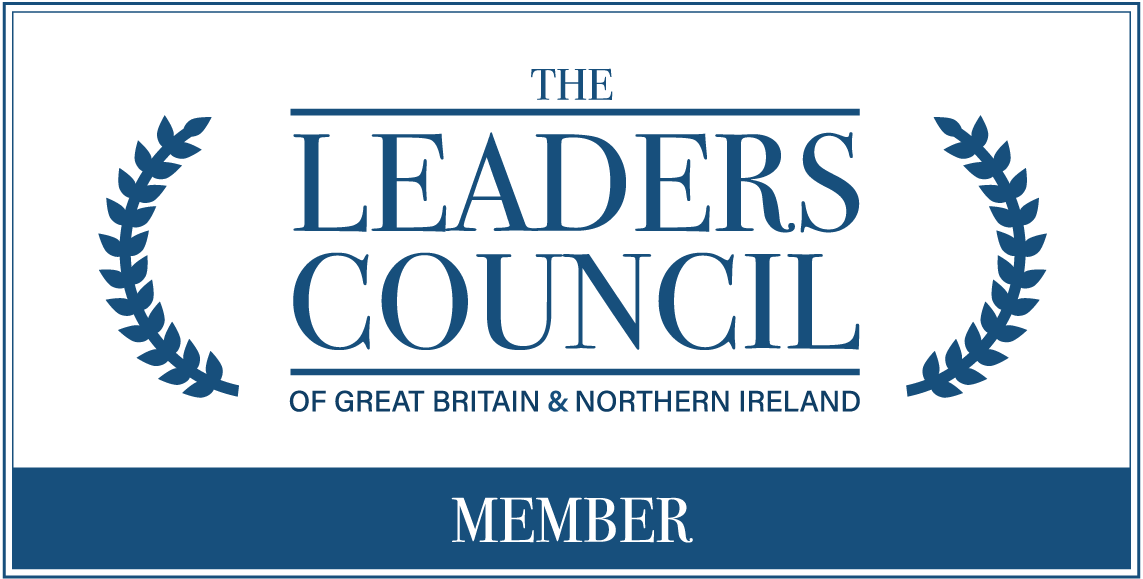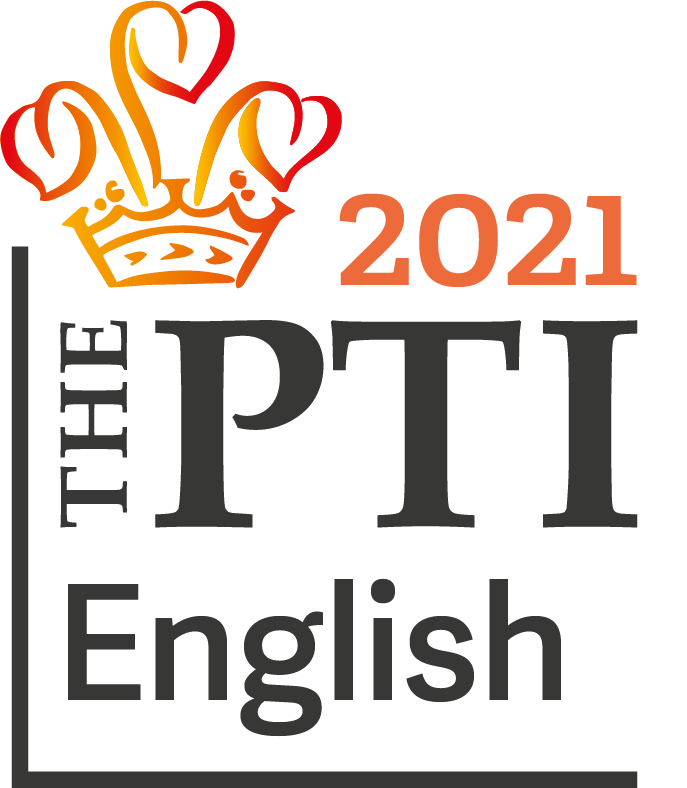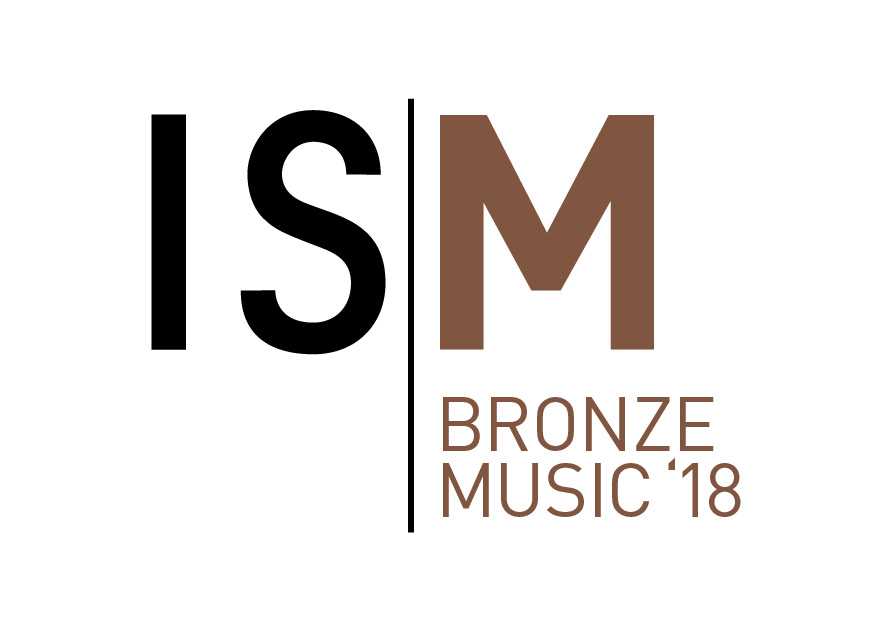| DESIGN & TECHNOLOGY | |||
|---|---|---|---|
| INTRODUCTION |
GCSE Design & Technology will prepare students to participate confidently and successfully in an increasingly technological world. Students will gain an awareness of and learn from wider influences on D&T, including historical, social, cultural, environmental and economic factors. Students will engage with the iterative process of design, to problem find and problem solve, to generate innovative and creative solutions in response to a design brief. The course allows students to study core technical and designing and making principles, including a broad range of design processes, materials techniques and equipment. Humankind has always ‘designed’. Since the dawn of time, the combined use of our heads, hands, hearts and imagination has allowed us to build, shape, form and influence our environment. The Study of Design & Technology at GCSE level will help students to develop a set of creative, transferable life skills that will help them to influence and navigate a 21st century that is increasingly complex, technologically driven, and difficult to predict. |
||
| EXAM BOARD | AQA | ||
| STRUCTURE OF COURSE |
PAPER 1 NEA [Non Exam Assessment] | ||
|
|
Written examination. Design and make task. Theory. Practical application of theory. 30 to 35 hours. 100 marks. 50% of GCSE.
|
|
|
| ASSESSMENT |
1. Core technical principles. 1. Core technical principles. 2. Specialist technical principles. 2. Specialist technical principles. 3. Designing and making 3. Designing and making principles. principles. Plus: Investigating; Designing; Making; Analysing & Evaluating. |
||
| CONTENT | |||
| PAPER: 1 |
Examination questions will cover: Section A - Core technical principles [20 marks]. Multiple choice and short answer questions assessing a breadth of technical knowledge and understanding. Section B - Specialist technical principles [30 marks]. Several short answer questions and one extended question to assess a more in depth knowledge of technical principles. Section C - Designing and making principles [50 marks]. A mixture of short and extended questions including a 12 mark design question. |
||
|
NEA (Non exam assessment) |
Students will undertake a single ‘design and make’ activity, which will arise from investigating one of five contextual challenges [the design brief] set by AQA. Students will engage with the iterative process of designing to generate a creative solution to the design brief. This will involve the production of a portfolio of work [20 x A3 pages maximum] which will consist of: investigation and analysis; research; specification; target market; design ideas; design development; modelling; testing and evaluation. The portfolio of work will inform the production of a prototype that satisfies the design brief and is fit for purpose. |
||
| ADDITIONAL INFORMATION | |||
|
The qualification is linear. Students will sit the exam and submit their NEA portfolio at the end of the course. |
|||















